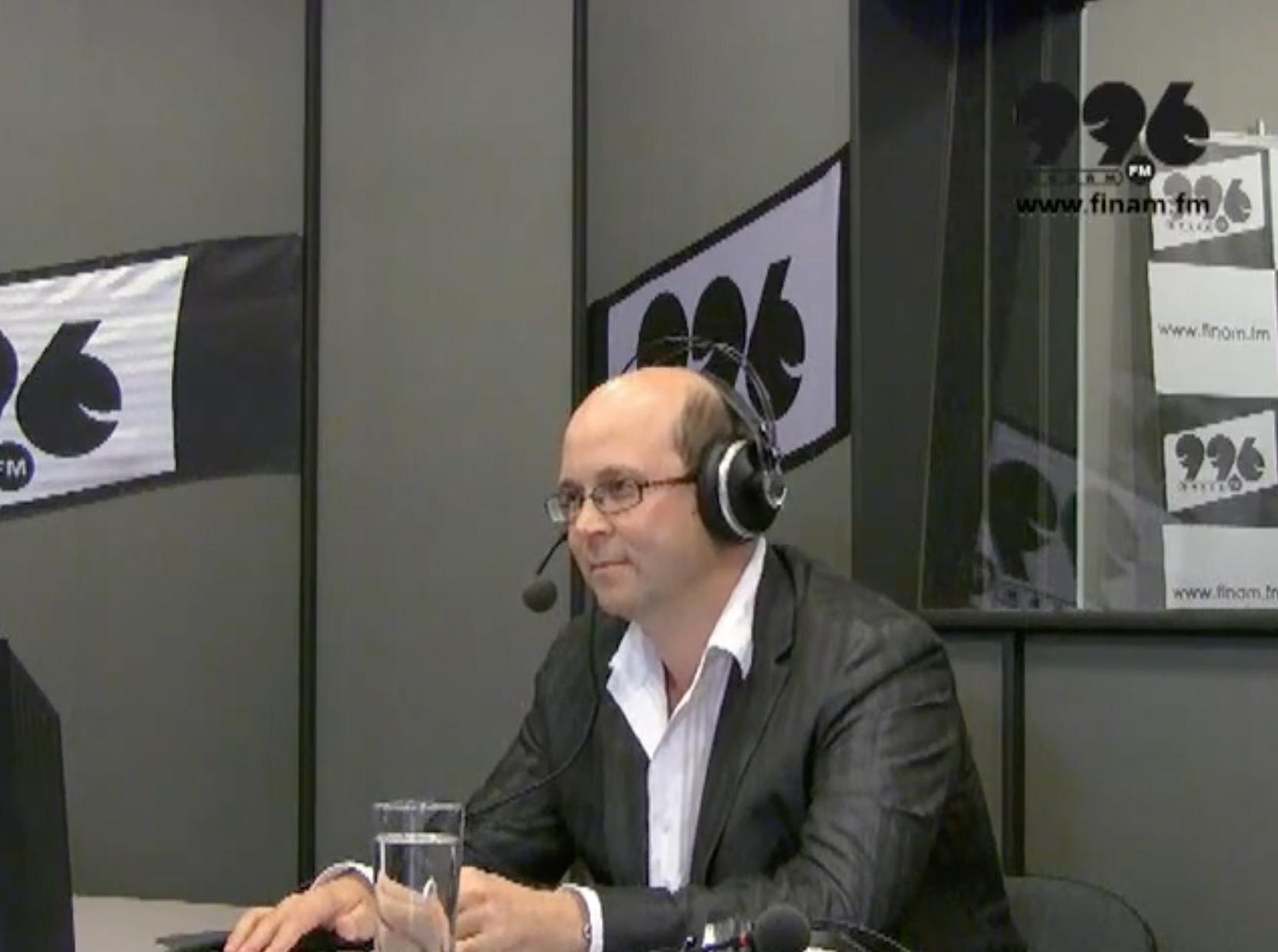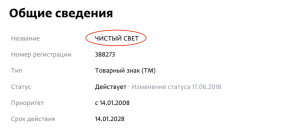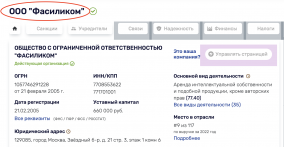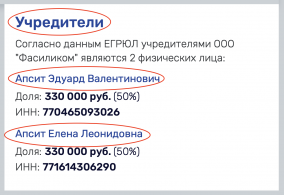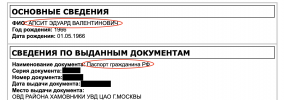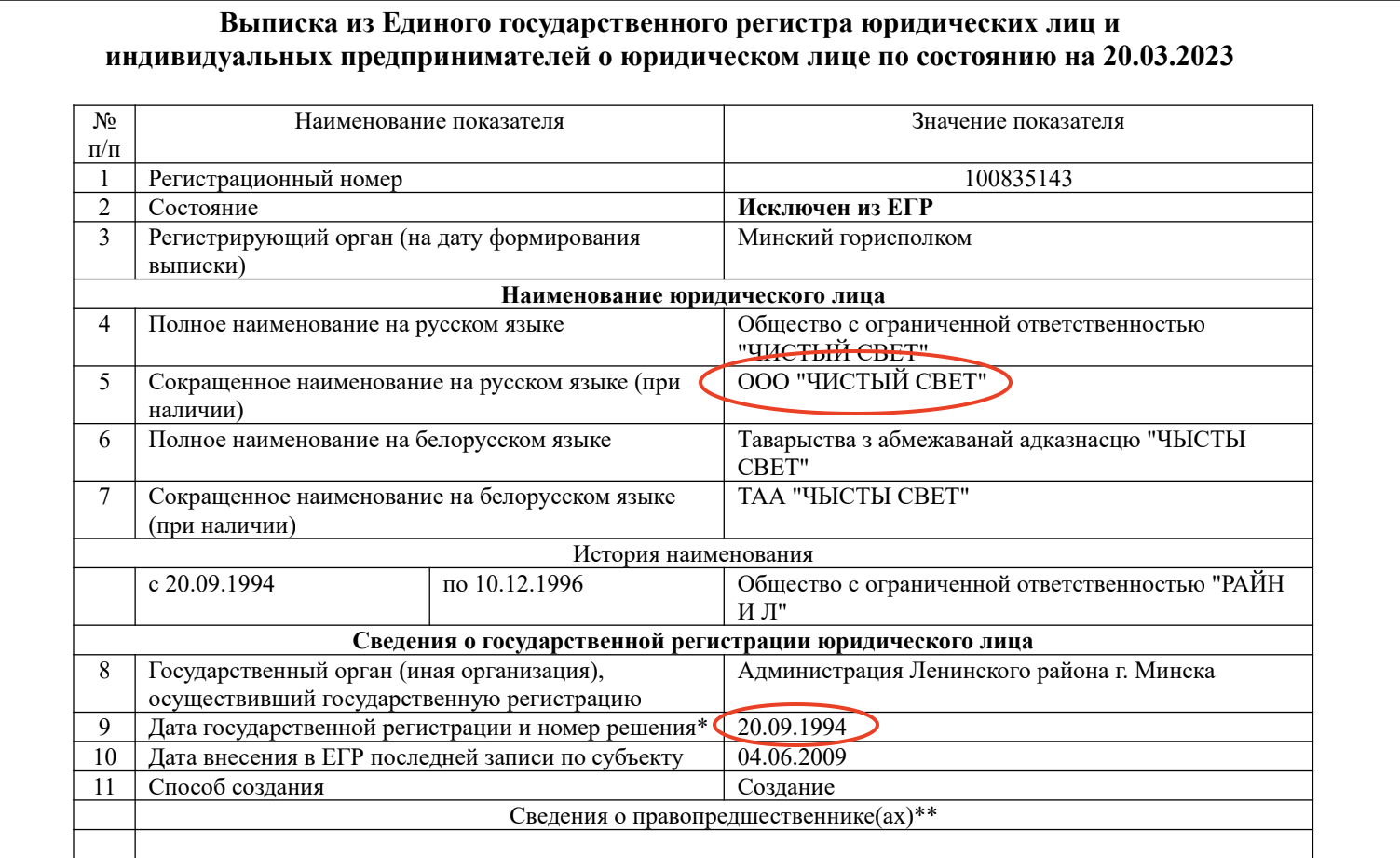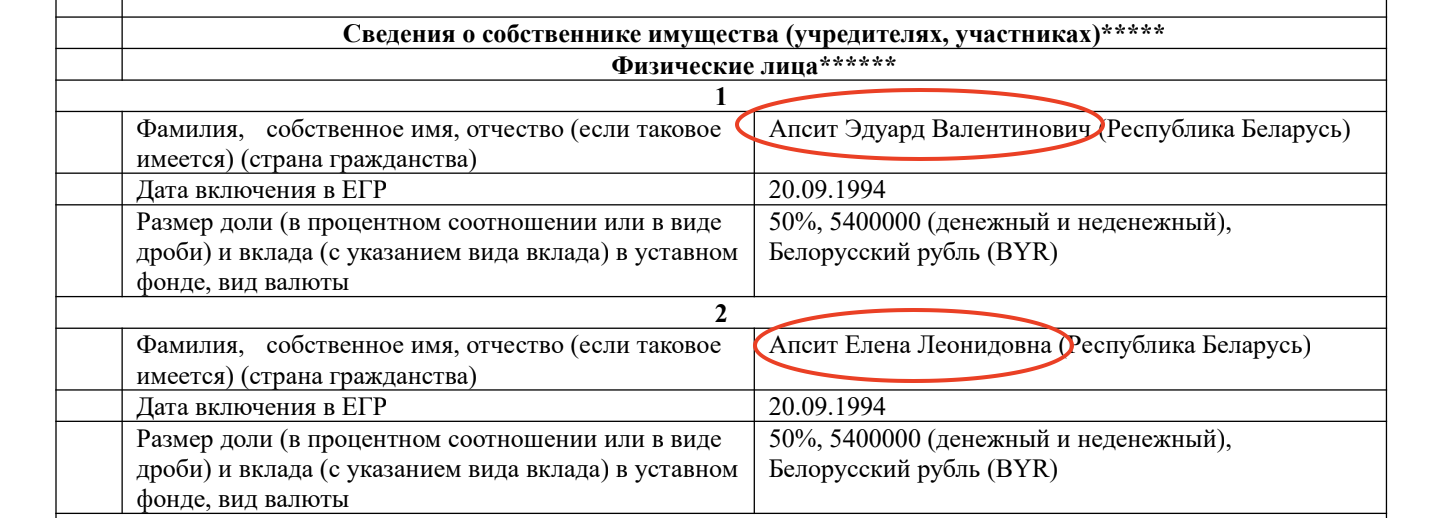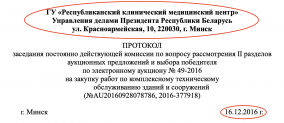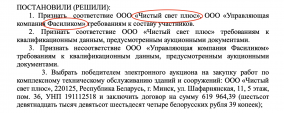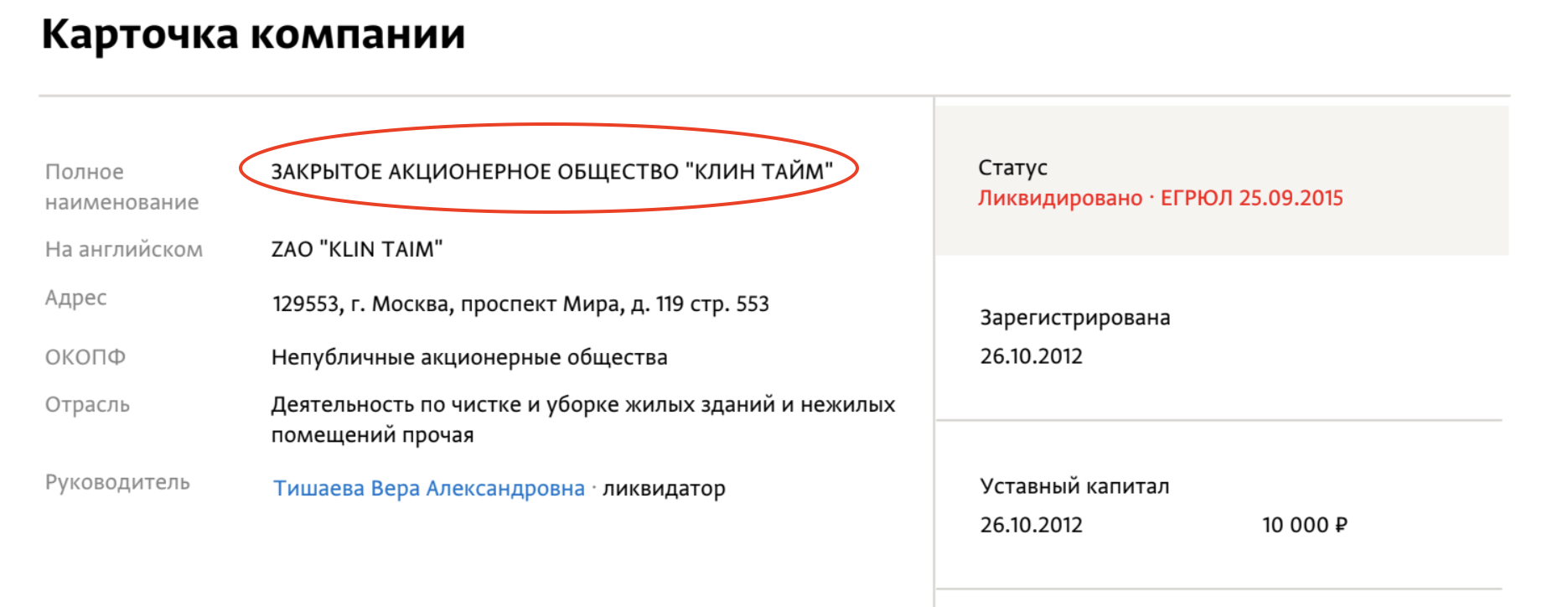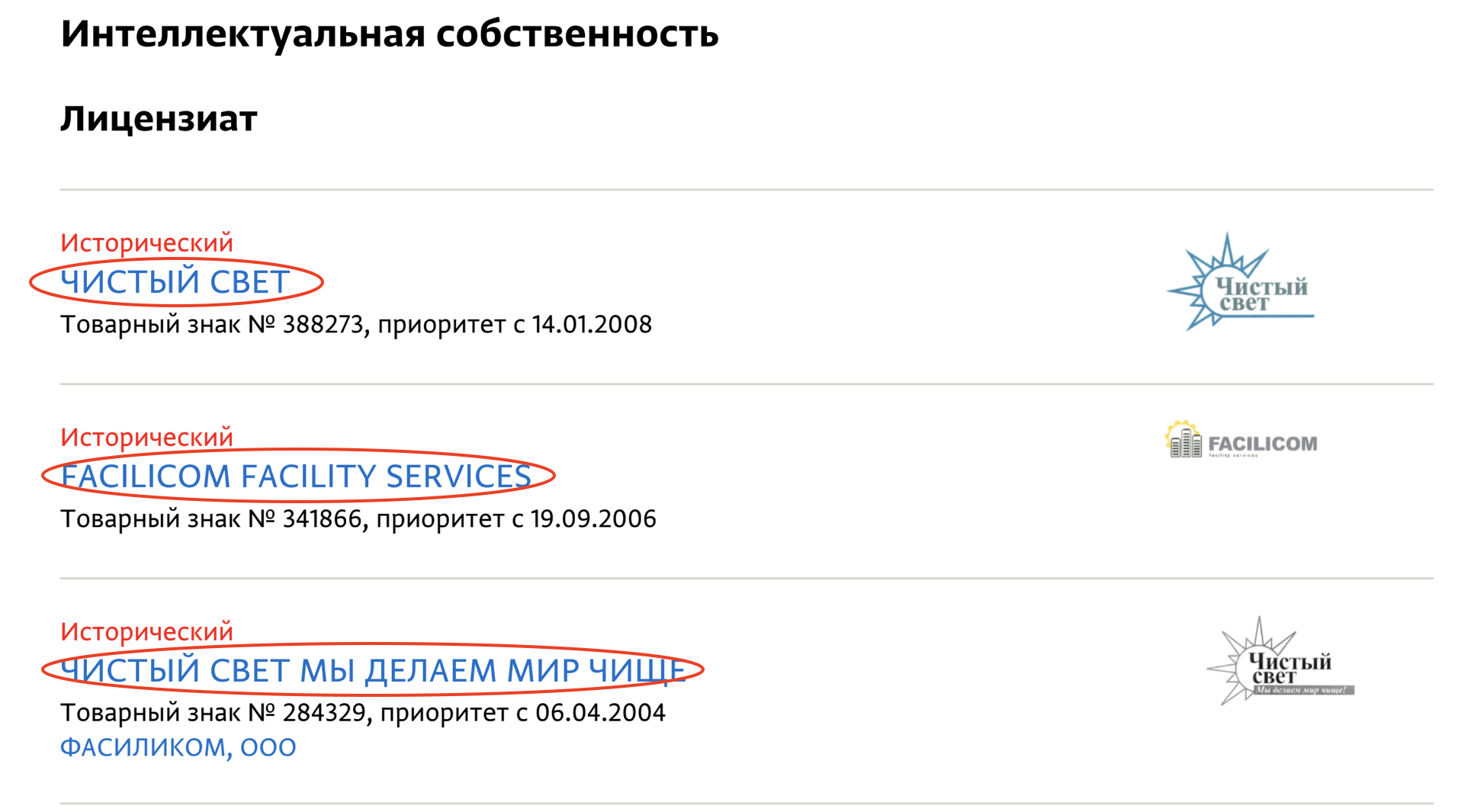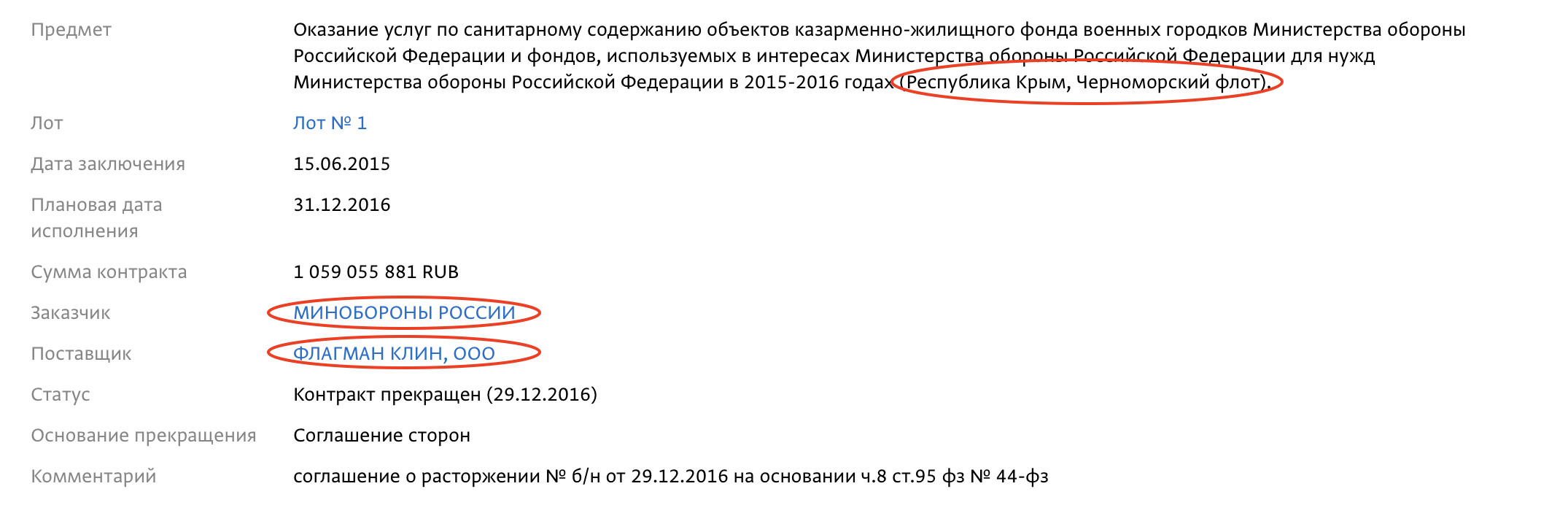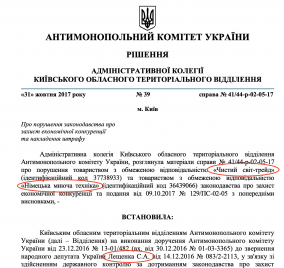We called the business lady. She confirmed that she worked for the Apsits’ group of companies, but claimed that she was responsible for performance quality, not the tenders.
BIC unsuccessfully tried to contact other former managers and owners of these companies. Many of the phone numbers are unavailable, and all three companies have been liquidated. As Lyudmila Chokoraya assured us, the Apsits’ Fasilikom group remains the leader in the Russian cleaning market. That cannot be said of their Ukrainian branches.
From cleaning to laundering
While the Chisty Svet and Chisty Svet. My Delaem Mir Chische trademarks branded companies were receiving orders from the Russian military, the Apsits were operating unhindered in the Ukrainian market. There, the Belarusian businessmen set up the Chisto group of companies back in 1997 and, as in Russia, were involved in a bid-rigging case.
In 2016, the Lviv branch of the Ukrainian Railways announced a tender for the supply of washing equipment. Two companies made an offer: Nemetskaya Moyuschaya Tekhnika and Chisty Svet-Treid. The latter won and was awarded a contract for €4,500.
In 2016, the Antimonopoly Committee of Ukraine received a complaint about this tender from people's deputy Serhii Leshchenko.
He noticed that competition at the auction was imitated by the companies. The owners of the Nemetskaya Moyuschaya Tekhnika and Chisty Svet-Treid were the same people, the companies’ offices were located at the same address in Kyiv, and they applied for the tender from the same IP address. Eduard Apsit was among the owners of Nemetskaya Moyuschaya Tekhnika. The companies were found guilty of violating antimonopoly laws and were fined €1,000 each.
After the occupation of Crimea and the outbreak of war in Donbas, Eduard Apsit, who has a Russian passport, started withdrawing from Ukrainian companies associated with him. By November 2019, he had no business assets left in Ukraine. His long-time partners continued to run the companies. This fact caught the attention of Latvian investigators, who in 2019 launched an investigation into Apsit’s laundering of €73 million. They believe that de jure the Ukrainian business has been transferred to his trustees, but de facto he is still in charge.
“There are two criminal cases in court, in which the prosecution is represented by two public prosecutors from the Riga District Prosecutor’s Office. A total of 73 million euros has been blocked in these cases. The movement of these funds has been established, as have the beneficial owners,” Aiga Eiduka, spokeswoman for the Latvian Prosecutor’s Office, told TV3 Latvia.
According to Latvian court documents, Apsit transferred the money he earned in Belarus, Russia and Ukraine to the EU. This allowed him to enjoy peace at a resort in Jurmala. There, 200 metres from the Baltic Sea, the family has a €1.2 million worth villa.
Eduard Apsit met with us and presented his position on this case. According to him, he has never been prosecuted either in Russia or in Belarus, and, as far as he knows, there are no criminal cases against him in Latvia and other countries. He claims that he does not know and did not have business relations with Yevgeny Prigozhin. Apsit denies that the firms he controls engaged in cartel arrangements and insists that neither he or companies under his control received money from the Kremlin or the Russian Ministry of Defense.
Latvian authorities continue to investigate this case.
Dear readers!
The following inaccuracies were discovered in this article.
In the case of the tender for the Brest locomotive depot maintenance (held in 2015), the amount of money discussed in the article was in non-denominated rubles. The audit report from the prosecutor's office (dated July 2016, after the denomination) did not indicate that the amount was not denominated. So this led us to the conclusion that we were dealing with denominated rubles. In the original investigation, we did not clarify this and applied the ruble exchange rate after the denomination. We offer our apologies.
Also, in the investigation, we did not mention that along with two companies related to Eduard Apsit, the third party, an affiliated company of the Presidential Administration, had participated in the tender of the Republican Clinical Medical Center of the Administration of the President of the Republic of Belarus.
Though, in our opinion, these mistakes do not change the essence of the investigation, we apologize over again.
The full story with BIC’s comments on possible errors in the material, can be found here.



